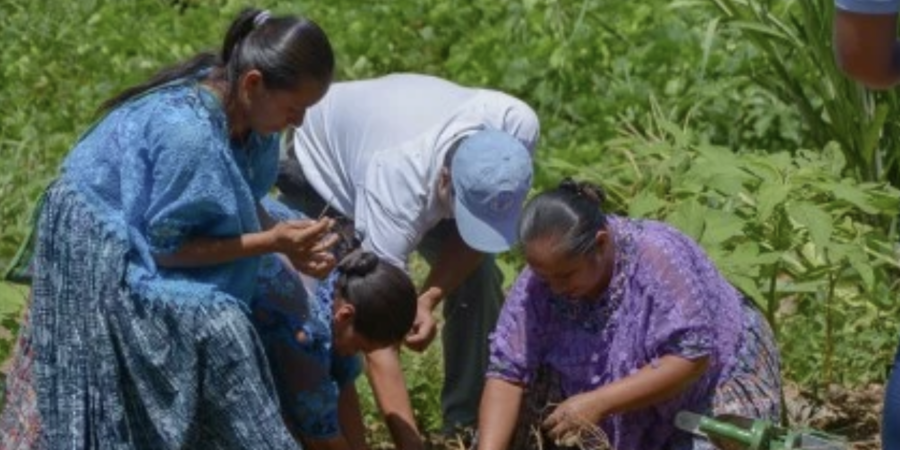The Food and Agriculture Organization of the United Nations (FAO) will implement two projects in Latin America and the Caribbean for a total of US$8.15 million, designed to strengthen the empowerment of rural women and promote sustainable development to address crucial challenges of climate change, food security and gender equality.
The first project, called “Program to Accelerate the Empowerment of Rural Women and Environmental Sustainability” aims to maximize the potential of rural producers in the region in economic growth, the conservation of biodiversity and the restoration of ecosystems.
The initiative seeks to reduce gender inequalities and promote inclusive development by contemplating the implementation of transformative gender programs, the development of standards and tools for sustainable production practices and the promotion of good practices.
The second project, “Climate-Smart Agriculture and Gender-Responsible Food Systems in the Caribbean,” focuses on optimizing climate-intelligent agricultural and food systems with a gender perspective, aiming to increase the adoption of innovative technologies and sustainable practices among the actors of agricultural value chains so that they are more resilient to climate change and improve their ability to adapt for inclusive and gender-responsive disaster management.
For the Deputy Director-General and Regional Representative of FAO for Latin America and the Caribbean, Mario Lubetkin, with a focus on innovation, inclusion and resilience, it seeks to support the empowerment of thousands of rural women, integrating their voices and contributions in climate change mitigation and the achievement of food security.
“These initiatives represent a model of collaboration and participation essential to achieve sustainable development,” Libetkin said.
From FAO it is expected that these projects contribute in a transformative way to the economic and social empowerment of rural women, inclusive development in rural areas, the adoption of innovative technologies, increasing environmental sustainability and resilience to climate change.
Both projects represent a commitment to address gender inequalities and contribute to the sustainable development of rural communities in Latin America and the Caribbean.
